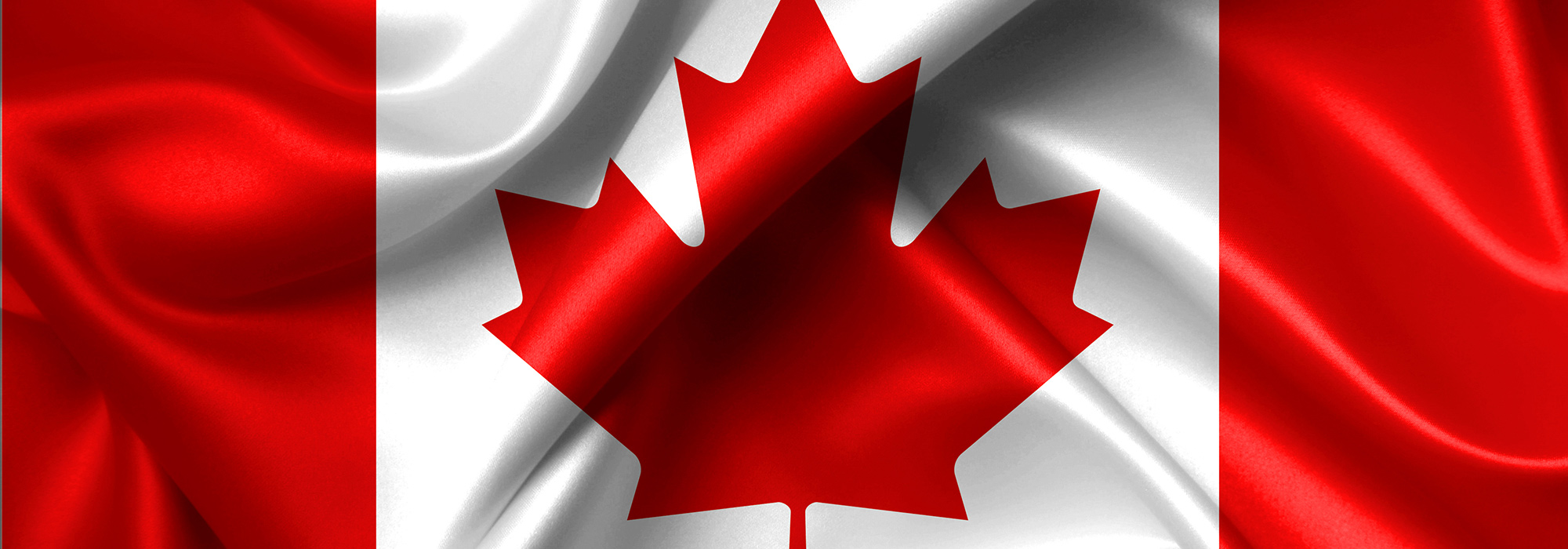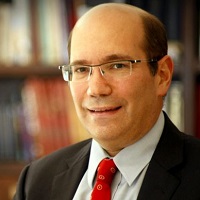
On November 8, 2010, Prime Minister Stephen Harper addressed the Inter-Parliamentary Coalition for Combatting Anti-Semitism, which gathered dozens of legislators from over 50 countries in Ottawa. In a talkfest that featured many eloquent speeches, Harper’s address stood out for its warmth, its passion, its power. “I know, by the way, because I have the bruises to show for it, that whether it is at the United Nations or any other international forum, the easiest thing to do is simply to just get along and go along with this anti-Israel rhetoric, to pretend it is just about being even-handed, and to excuse oneself with the label of honest broker….” Harper said. “There are, after all, a lot more votes — a lot more — in being anti-Israeli than in taking a stand. But as long as I am Prime Minister, whether it is at the United Nations, the Francophonie or anywhere else, Canada will take that stand, whatever the cost.” He explained: “Not just because it is the right thing to do, but because history shows us, and the ideology of the anti-Israel mob tell us all too well, that those who threaten the existence of the Jewish people are in the longer term a threat to all of us.”
In this prose poem, Harper articulated a new vision for Canadian foreign policy that went far beyond his repudiation of anti-Semitism and his bold support for Israel, the embattled democracy. True, Harper passed the new government gut check for nation states in the modern world — do you have the courage to support Israel and defy the politically correct mob? But Harper was speaking about underlying principles that go further than supporting one country or another. Harper’s talk about “taking a stand, whatever the cost,” and his concerns about “a threat to all of us” — with “us” meaning the liberal democratic West — positioned Canada as a leading player in the Western democratic fight for survival. At a time when the United States under Barack Obama is flirting with isolationism and realism in foreign policy, Harper embraced idealism as an essential force in shaping his foreign policy. At a time when too many European powers and Westerners are stricken with guilt regarding the rest of the world and flirt with appeasement, Harper stood strong. And after decades of Canada building its identity as the nice nation, the “even-handed … honest broker,” Harper explicitly pointed the country in a new and noble direction.
Surprisingly, and most especially that November in Ottawa, Harper’s idealism proved contagious — and all-party. Irwin Cotler, the Liberal MP who has occasionally crossed swords with the Conservatives, was one of the guiding lights behind the conference, and he spoke powerfully against the New Anti-Semitism, which masquerades behind a veneer of human rights talk as “merely” anti-Semitism. At the conference, Cotler’s party leader at the time, Michael Ignatieff, reaffirmed his disgust at the way the crime of apartheid, as perpetuated for decades in South Africa, was being inaccurately and immorally applied to Israel’s actions in its national conflict with the Palestinians. In 2009, Ignatieff had first denounced the absurdity of “Israel Apartheid Week,” a week devoted to linking democratic Israel to the cruelties of racist, apartheid South Africa. Boldly criticizing union forces in the Canadian Union of Public Employees and elsewhere who perpetuate these lies, Ignatieff wrote that such a week on campuses “betrays the values of mutual respect that Canada has always promoted.” This big lie moves beyond legitimate criticism to demonization, Ignatieff explained, because “international law defines ‘apartheid’ as a crime against humanity,” so the false equation is an attempt “to undermine the legitimacy of the Jewish state itself.”
Further to Ignatieff’s left, Thomas Mulcair, one of the front-runners in the current race to lead the NDP, positioned himself as a thoughtful, reasonable progressive who refuses to join the pile-on against Israel. Mulcair’s speech at the conference was short, elegant, eloquent and effective. Mulcair affirmed his deep commitment to democracy and the rule of law, refusing to sacrifice core ideals to follow one trend or the other. In that spirit, he said he was embarrassed, as a member of the McGill community, having graduated from McGill Law School, that McGill hosts Israel Apartheid Week. His indignation reflected an awareness that those who claim to be “only” anti-Zionist are usually anti-Semitic too, as well as a deep commitment to preserving universities as safe, open, tolerant places for thinking students. Finally, he described an ugly moment in an anti-Israel demonstration when protestors wanted to attack a Jewish-owned business. This move reflected what he called the “Any Jew will do” mob mentality of picking on all Jews because of disagreement with some Israeli policy — proving the underlying anti-Semitism perverting so much of the anti-Israel movement. A year earlier, when a local synagogue was defaced with swastikas in his riding, Mulcair again stood tall. He declared the act of hatred “particularly disgusting in the case of a congregation that includes several Holocaust survivors.” He quoted Martin Luther King’s teaching that “he who passively accepts evil is as much involved in it as he who helps to perpetrate it. He who accepts evil without protesting against it is really cooperating with it.”
The Mulcair-King formulation goes even further than Harper’s affirmative, idealistic vision. While neither Harper nor Mulcair seems interested in getting Canada mired in every fight against evil on the planet, the simple comfort, from left and right, with language about good and evil in both foreign and domestic affairs is refreshing.
We have come a long way from Jean Chrétien’s snivelling, split-the-difference, don’t rock the boat, accommodationist foreign policy. Responsible leadership requires imposing some limits on the fight against evil — nations are not crusaders or do-gooders but collective communities with interests, not just ideals, and serious limits, not just sweeping visions. Still, to see this kind of robustness on the Canadian side of the North American border is particularly welcome in an age of American dithering and doubt.
Moreover, claims of a backlash have been exaggerated. When Canada failed to get a seat on the Security Council in the fall of 2010, critics were quick to blame Harper’s support for Israel or his government’s skepticism regarding the Kyoto environmental pact. But, as David Frum’s careful reporting concluded, “The answer has nothing to do with Kyoto or Israel, and everything to do with the internal politics of the European Union (EU). It’s the European Union countries that dominate the Western bloc” — and it was the EU countries who were ultimately responsible for Portugal’s selection. Even more important, in May 2011, the Canadian electorate gave Harper a majority. Thus, claims that Harper and his party would suffer at the polls for befriending the Jewish state proved as empty as the charge that Canada was not elected to the Security Council as punishment for voting for Israel.
Underlying this new idealism is a new nationalism or a renewed appreciation for the power and passion of Canadian nationalism. While part of the Canadian tradition of even-handedness stemmed from great pride in the neutral mechanisms of international rights and human rights that Canadians like John Peters Humphrey helped draft in the wake of the Second World War, even-handedness was also a reflection of Canadian insecurity. Being both tethered to and overshadowed by the United States, significant parts of modern Canadian identity have been forged in reaction to the colossus of the North. Part of the ideological backlash had Canadians saying, Americans are hyperpatriotic, we are not. Canadian identity sometimes seemed to be in denial, with Canadians reflecting great pride in not being as aggressively patriotic as the Americans — without acknowledging that intense pride as itself a form of patriotism. Nevertheless, Canadian elites in particular adopted a faux cosmopolitanism and a certain disdain for nationalism, or at least nationalism formally and loudly expressed, as opposed to acknowledging the thick and deep attachments most Canadians have to “our home and native land.”
While part of the Canadian tradition of even-handedness stemmed from great pride in the neutral mechanisms of international rights and human rights that Canadians like John Peters Humphrey helped draft in the wake of the Second World War, even-handedness was also a reflection of Canadian insecurity.
Sophisticated thinkers about nationalism understand that nationalism is not inherently good or bad, it is a neutral tool. As such, it can be constructive or destructive, it can open doors to xenophobia and provincialism, and it can soar to heights of collective idealism and altruism. To argue “that patriotism has a strong tendency to produce national chauvinism and racism” is to “confuse a pretext for human aggression and cruelty with human aggression and cruelty themselves,” says Professor Hilary Putnam of Harvard University. Back when Michael Ignatieff was a scholar and journalist, in his 1993 book Blood and Belonging: Journeys into the New Nationalism, he agreed, saying, “What’s wrong with the world is not nationalism itself. Every people must have a home, every such hunger must be assuaged. What’s wrong is the kind of nation, the kind of home that nationalists want to create and the means they use to seek their ends. Wherever I went, I found a struggle going on between those who still believe that a nation should be a home to all, and race, color, religion, and creed should be no bar to belonging, and those who want their nation to be home only to their own. It’s the battle between the civic and the ethnic nation. I know which side I’m on. I also know which side, right now, happens to be winning.”
Ignatieff’s endorsement of civic nationalism is critical in understanding both the power and limits of Canada’s new moral voice. Idealism need not be imperialism in foreign policy, and expansiveness is not the same as expansionism.
Canada can stand tall as a force for good in foreign affairs, defending democracy and Western civilization, as necessary, without overstretching. And in a world with too many forms of aggressive ethnic nationalism, which indeed sometimes seems to be “winning,” having this positive, constructive, tolerant, civilizing, civic vision can be most welcome, as Canada plays a new, affirmative and assertive role in its long, successful run as the world’s conscience.
Photo: Shutterstock








